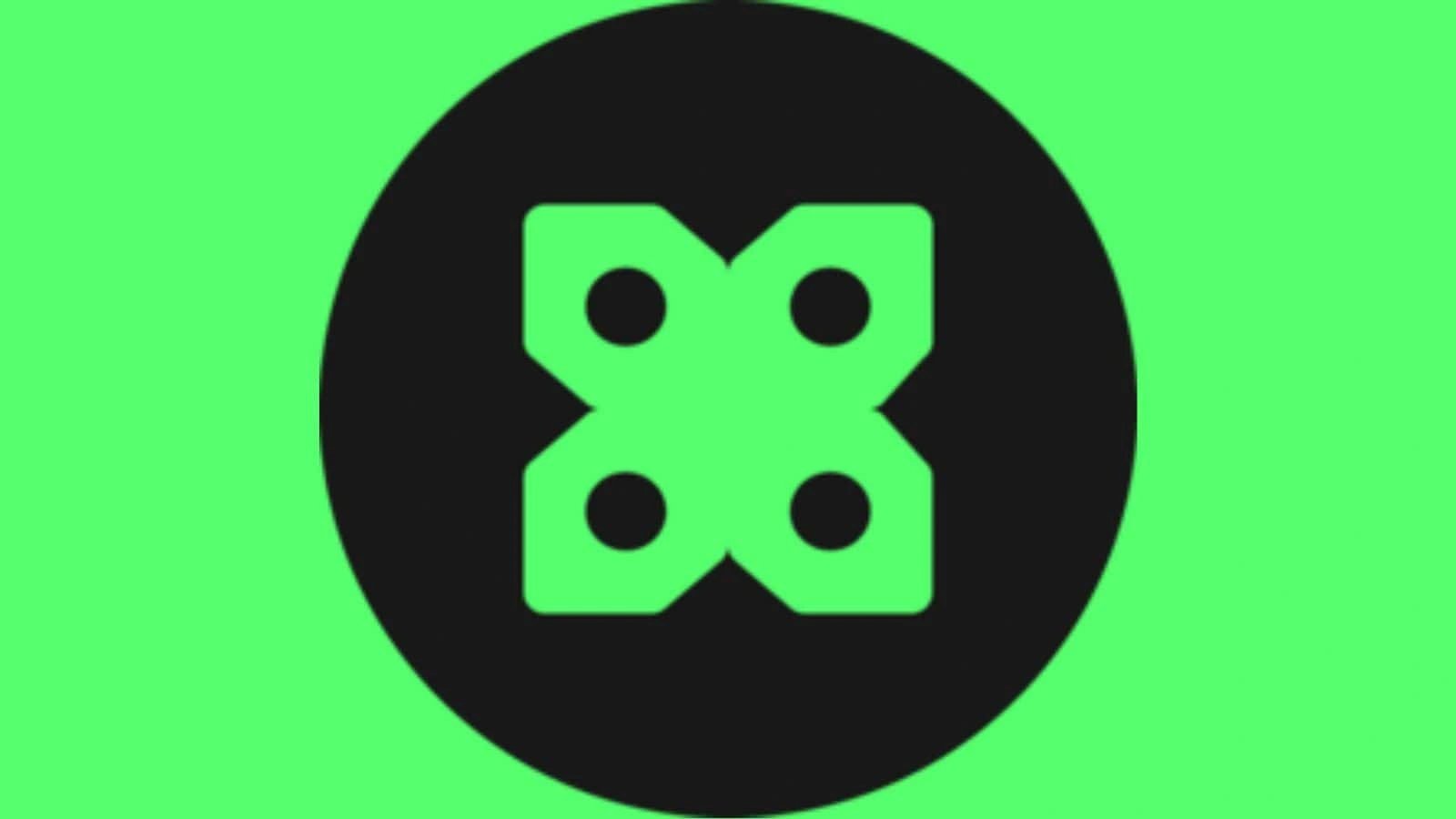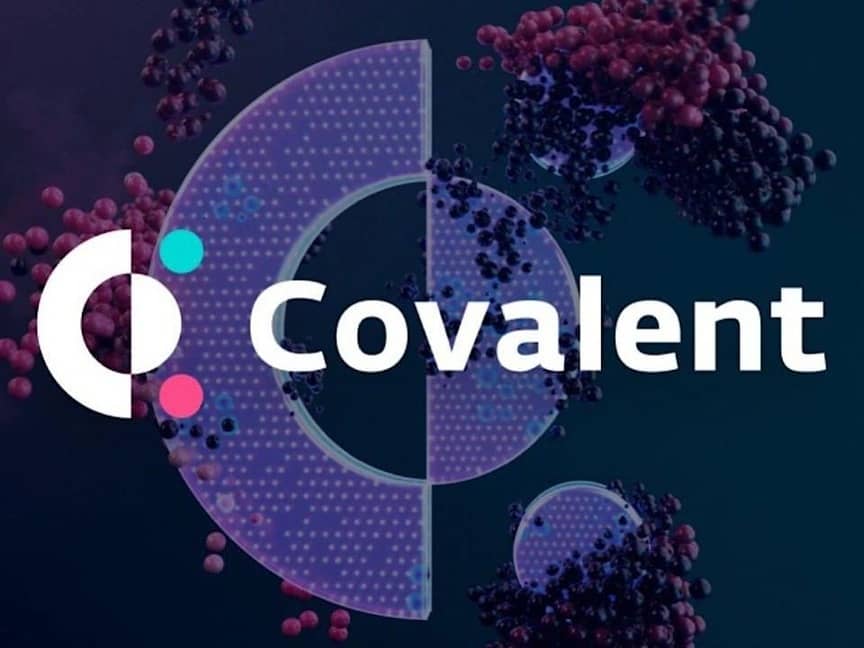Subscribe to wiki
Share wiki
Bookmark
Covalent
The Agent Tokenization Platform (ATP):Build autonomous agents with the Agent Development Kit (ADK)
0%
Covalent
Covalent is a decentralized data infrastructure enabling users to access inaccessible blockchain data seamlessly. It is a blockchain data provider that indexes entire blockchain histories, such as wallet balance, NFTs, DeFi data, and transforms such blockchain data in a standardized way. Users can leverage a unified API to query data on a given blockchain. [1][2]
Overview
Covalent, one of the leading Web3 data indexers and providers, is being utilized by developers and analysts to access visibility into billions of data points across 210+ blockchains such as the Ethereum blockchain, as well as BSC, Polygon, Avalanche, Fantom, Moonbeam, and more.[3][4]
History
Covalent was founded in 2017 by an experienced team of data scientists and blockchain database engineers Ganesh Swami and Levi Aul who were passionate about improving and scaling blockchain technologies. Ganesh Swami, CEO and Co-founder, was formerly a physicist by training who started his career designing algorithms for cancer drugs in the pharmaceutical space.[5]
After the project launch, the team raised over $5 million in two funding rounds from several investors, including Alameda Research, CoinGecko, and Hashed Ventures.[5][6]
Products
Unified API
The key component of Covalent’s product suite is the Unified API, a trusted blockchain data solution utilized by industry leaders like 0x, Zerion, and Rainbow Wallet. This API is divided into three categories - Class A, B, and C, offering a wide range of functions from token balances to specific token details. Class C stands out with its custom API marketplace designed to meet the requirements of protocols such as Aave, Compound, and Yearn.[7]
The significance of the Unified API covers the extensive coverage of its user-friendly interface and robust security features. Also, with its tamper-resistant structure and cryptographic validations, it ensures data integrity and reliability for users.[7]
GoldRush
GoldRush represents a giant innovation in the field of block explorers. This open-source modular block explorer kit is said to transcend the constraints of traditional platforms, providing a dynamic and adaptable user experience. It empowers individuals to customize their data displays and interactions and address specific needs.[7]
The value of GoldRush lies in its role as a versatile toolkit, rather than just a rival to existing block explorers. It enables blockchain exploration inclusive and customizable and facilitates the creation of personalized block explorers. GoldRush promotes democratized access to blockchain data exploration, which enables users to define their journey and engage with data on their terms.[7]
Ethereum Wayback Machine
Covalent's Ethereum Wayback Machine represents an open-source solution aimed at tackling the challenge of ensuring long-term data availability in Ethereum's "Rollup Era." This tool empowers developers, researchers, and participants within the ecosystem to access enhanced and cryptographically secure historical data independently of centralized intermediaries. By facilitating access to such data, the EWM plays a crucial role in sustaining Ethereum's growth as a foundational platform for innovation, supporting various applications like AI model refinement, machine learning, risk assessments, and more.[8]
Furthermore, Covalent has recently announced an expansion of its operator base. This strategic move aims to structure, standardize, and securely store historical data on-chain for Ethereum EVM state execution and data blobs. Through a gradual decentralization of its data pipelines and the broadening of its network to validate on-chain data, Covalent can enhance its structured dataset to cater to diverse needs across its indexed 225+ blockchains using the Unified API.[8]
Powering AI
Several projects, such as SmartWhales, BotFi, Laika AI, and Entendre Finance, utilize Covalent's data infrastructure to innovate AI-powered solutions. Leveraging Covalent's extensive datasets, these projects are revolutionizing decentralized finance and blockchain analytics.[8]
CQT Token
$CQT, the native token of the Covalent Network, serves both governance and utility roles. It is utilized in three main ways. Firstly, token holders can engage in limited governance by proposing and voting on adjustments to system parameters, such as selecting data sources, expanding to new networks like Optimism, or adapting data modeling requirements. However, they do not have the authority to modify the protocol itself.[9]
Secondly, $CQT can be staked by node validators to participate in the Covalent network, facilitating efficient query fulfillment and earning fees. Token holders also have the option to delegate their stake if they prefer not to operate a node. Lastly, $CQT operates as a network access token, allowing users to pay for services they use.[9]
Stakers can earn an annual percentage yield (APY) ranging from 3% to 20%, determined by the current amount staked in the network. This setup encourages increased participation by node validators, with rewards growing as participation levels decrease. Node validators can set a commission fee for users who delegate their tokens to them, further motivating users to run nodes and bolster their overall rewards. Covalent enforces a bonding and slashing system to maintain network integrity, ensuring that any malicious actions by node validators result in a reduction of their bonded tokens.[10]
Tokenomics
Initially, a total of 1,000,000,000 tokens were minted at Genesis. On token distribution, around 25% was allocated for private sales, while 20% was earmarked for ecosystem development and another 20% for the core team and advisors.[10]
CXT Token
The Covalent X Token (CXT) is the native currency of the Covalent network, used for transactions and operations within its decentralized data availability system. It supports two main functions: staking and governance. Operators stake CXT to participate in the network and are rewarded for validating data and responding to queries. Token holders who do not run nodes can delegate their tokens to operators and receive staking rewards. CXT is also used in governance, allowing holders to vote on on-chain proposals. [11]

Infrastructure Currency
CXT is a settlement token within the Covalent network, not a direct payment method. Users pay using a stablecoin like USDC when an API call is made. That stablecoin is then used to purchase CXT on the market, which is distributed to nodes that process the request.
The process involves depositing stablecoins into a network contract, verifying available funds, executing the query, recording the transaction on Moonbeam, and reconciling balances. The use of stablecoins aims to minimize user volatility and improve budget predictability. As API usage increases, demand for CXT rises due to the automatic market purchases triggered by each query. [11]
Tokenomics
Covalent initially allocated 1B CXT tokens to support long-term network development by gradually incentivizing supply and demand participants. Lockup and vesting schedules were introduced to promote sustained engagement and ecosystem stability over time. The token has the following distribution: [12]
- Private Sale: 20.4%
- Ecosystem: 20%
- Reserve: 18.9%
- Team: 14.4%
- Seed: 10%
- Staking: 8%
- Public Sale: 3.4%
- Private Sale 2: 2.9%
- Advisors: 2%
See something wrong?
The Agent Tokenization Platform (ATP):Build autonomous agents with the Agent Development Kit (ADK)
